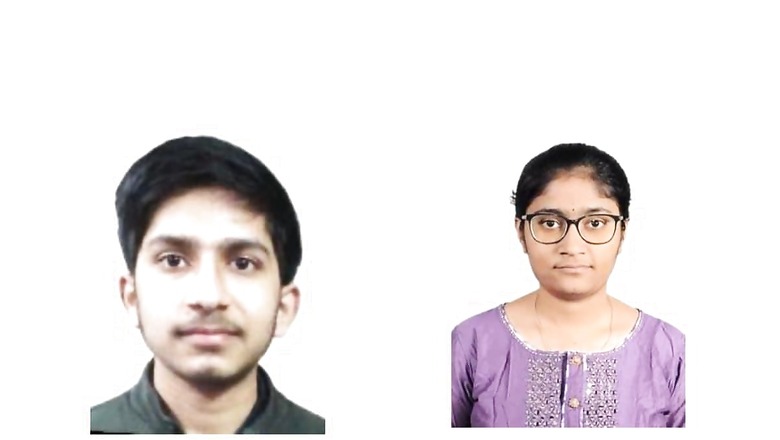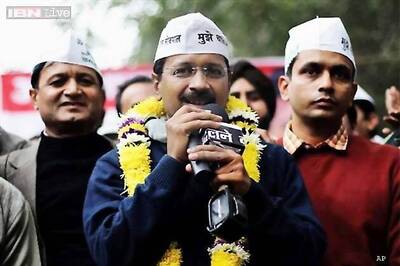
views
Vavilala Chidvilas Reddy from Hyderabad with a perfect 100 percentile bagged the top all-India rank in the Joint Entrance Examination (JEE) Advanced results announced on Sunday. Nayakanti Naga Bhavya Sree with an all-India rank of 56 is the female topper, also hailing from the Hyderabad zone, which boasts six of the top 10 candidates in the test result.
A total of 1,80,372 appeared in both papers in IIT-JEE Advanced of which 43773 have qualified. Of these, 36204 are male students while 7509 are female candidates. Besides, a total of 125 foreign candidates registered for JEE Advanced 2023 exam, out of which 108 appeared and 13 qualified, according to the results announced by IIT-Guwahati this year.
Also Read: JEE Advanced 2023 Results Announced, Check Category-Wise Qualifying Marks
While six of the 10 all-India toppers are from the Hyderabad zone, two each are from Roorkee and Delhi, respectively. In the zone-wise distribution for those qualifying the exam, Hyderabad (10432), which also had the highest number of applicants this year for the test was at the top followed by Delhi (9290), Bombay (7957), Kharagpur (4618), Kanpur (4582), Roorkee (4499) and Guwahati (2395).
Vavilala Chidvilas Reddy with a score of 341/360 marks achieved the first rank followed by Ramesh Surya Theja, also from the Hyderabad zone, Rishi Kalra and Raghav Goyal on the third and fourth rank, both from Roorkee zone and Addagada Venkata Sivaram on the fifth position, again from Hyderabad.
The sixth rank was bagged by Prabhav Khandelwal from the Delhi zone, Bikkina Abhinav Chowdary from Hyderabad was in the seventh position, while Malay Kedia grabbed the eighth rank from Delhi zone. Kedia was also the topper of JEE (Mains). The ninth and 10th positions too were bagged by Nagireddy Balaaji Reddy and Yakkanti Pani Venkata Maneendhar Reddy, respectively, both of who are from the Hyderabad zone.
Deshank Solanki from Delhi zone, who was among the toppers of JEE Mains 2023 too qualified the Advanced exam with an all-India rank of 22.
Prof Bishnupada Mandal, the organizing chairperson, JEE (Advanced) 2023, IIT-Guwahati, said that this year was better with more students performing well and getting good scores.
“This year the number of questions with negative marking were lesser as compared to last year. Hence students were more confident to attempt more questions and performed better. The exam was of moderate to difficult level with blends. The expert committee, which decides on the question paper format, decided to have lesser questions with penalty this year, as they observed that students were not attempting many questions to remain cautious of losing out to negative marking, which could lower their overall score,” said Prof Mandal, who is also a member of the Joint Admission Board (JAB) as well as chairperson of Joint Implementation Committee (JIC) for IITs.
The process for Joint Seat Allocation (JoSAA) 2023 will start on June 19. Admission to the 23 IITs across the country is based on the results of JEE (Advanced) exam. Seven IITs organise the Advanced exam every year in rotation. The JoSAA is a joint counselling session for admission to IITs, NITs, IIITs and other government-funded engineering colleges in India.
While for IITs only the Advanced scores are considered, for admissions to NITs, IIITs and other government-funded institutions, JEE (Main) rank is the criteria. If a candidate qualifies for both Mains and Advanced, they can fill all the choices of institutes and depending on the course/discipline they have opted for which their rank is admissible they will be given admission. “Many students who do not get the choice of discipline in IITs go for NITs and other institutions,” said Prof Mandal.

















Comments
0 comment